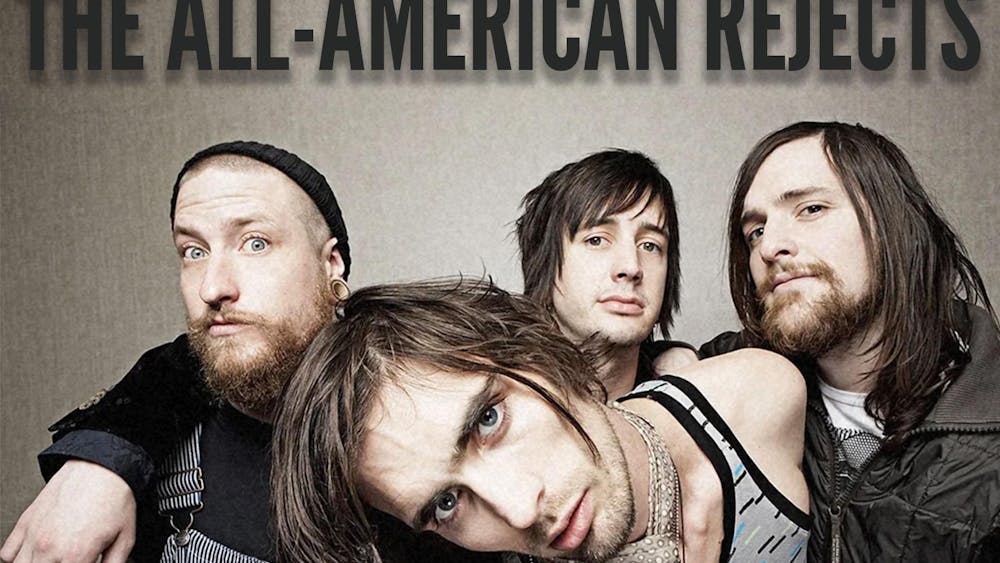It's hard to place Lil Wayne in the rap canon. One thing is very clear: he is one of the most productive musicians of the past decade. In that time he's released 10 albums and 23 singles and has been featured on over 50 other tracks as well as countless mixtapes. It almost seems as if the confusion is intentional. He'll drop a top-10 hit like "A Mille" but then follow up with a song about playing basketball on a moon made of drugs.
Besides music, the other defining characteristic of Lil Wayne is his prolific drug use. As displayed in his music, his relationship with illicit substances is rather complex. While his raps profess most often profess love for them, at times he appears conflicted. It may be best said that his hand rolled misdemeanors are the closest thing he has to a muse.
Sometime shortly after 2006, Lil Wayne transformed into a rap star. While he had been moderately successful as an underground musician before then, his mixtape work caught the attention of critics, mainstream fans and indie kids. Riding this wave of newfound momentum, "Tha Carter III," his fifth studio album, sold over one million copies in the first week, earned eight Grammy nominations and transformed Lil Wayne into the brightest star in the business.
With several mainstream sources, including Rolling Stone and MTV, naming him the hottest MC in the game, Lil Wayne announced his follow-up album: "Rebirth." Some confusion resulted from his first press release, but it was quickly clarified: "Rebirth" was no a remix album, it was going to be his rock debut.
Listening to the album, it becomes clear that Lil Wayne spent his formative years in the post grunge wasteland of the 1990s. From the opening track, Lil Wayne's understanding of rock music is, at best, warped. His inspiration is drawn from late period nu metal acts such as Korn and Limp Bizkit, whose commercial pull rightly ended at the turn of the millennium. Boring riffs, uninspired choruses and forgettable verses populate the album.
As for Lil Wayne's actual performance, it leaves much to be desired. While his distinctive vocal attributes serve his now iconic flow well, their charms fade quickly when he starts singing. Barely surviving beneath heavy doses of auto tune, it just may not be possible for Wheezy to carry a tune. Wayne is also credited with a fair amount of the instrumentation across the album. While this seems a dubious claim at best, their truth wouldn't make the effort any more impressive. Most of the backing music could have been written by a 15 year-old with two months of guitar lessons trying to impress his friends.
Worst of all, Wayne falters where he normally shines: his lyrics. While his audience has come to expect elaborate metaphors, tight word play and copious punch lines, he instead delivers what he thinks should be in a rock song: vague anger, undirected aggression and a revenge narrative.
Lil Wayne's fruitlessly compiles beats, distortion and auto tune in an attempt at a futuristic sound, but instead sounds more like a computer program. He's gathered all the pieces that would make a rock album, but just didn't quite put them together correctly. Most importantly, the album is completely lifeless.
After a stunning disappointment, his fans are left hoping this musical adventure is a diversion and not a completely new path. Lil Wayne appears to have already moved on, already hyping his next projects including a collaborative effort with Juelz Santana and "Tha Carter IV."













